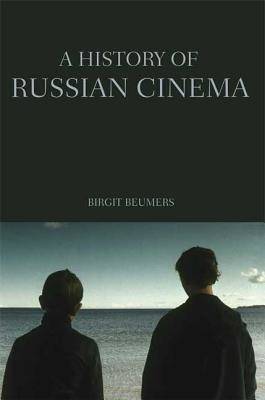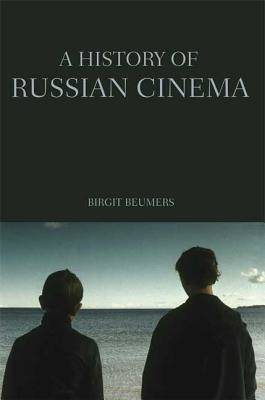
- Afhalen na 1 uur in een winkel met voorraad
- Gratis thuislevering in België vanaf € 30
- Ruim aanbod met 7 miljoen producten
- Afhalen na 1 uur in een winkel met voorraad
- Gratis thuislevering in België vanaf € 30
- Ruim aanbod met 7 miljoen producten
Omschrijving
Film emerged in pre-Revolutionary Russia to become the 'most important of all arts' for the new Bolshevik regime and its propaganda machine. The 1920s saw a flowering of film experimentation, notably with the work of Eisenstein, and a huge growth in the audience for film, which continued into the 1930s with the rise of musicals. The films of the Second World War and Cold War periods reflected a return to political concerns in their representation of the 'enemy'. The 1960s and 1970s saw the rise of art-house films. With glasnost came the collapse of the state-run film industry and an explosion in the cinematic treatment of previously taboo topics. In the new Russia, cinema has become genuinely independent, as a commercial as well as an artistic medium.
A History of Russian Cinema is the first complete history from the beginning of film to the present day and presents an engaging narrative of both the industry and its key films in the context of Russia's social and political history.Specificaties
Betrokkenen
- Auteur(s):
- Uitgeverij:
Inhoud
- Aantal bladzijden:
- 336
- Taal:
- Engels
Eigenschappen
- Productcode (EAN):
- 9781845202156
- Verschijningsdatum:
- 1/02/2009
- Uitvoering:
- Paperback
- Formaat:
- Trade paperback (VS)
- Afmetingen:
- 155 mm x 231 mm
- Gewicht:
- 408 g

Alleen bij Standaard Boekhandel
Beoordelingen
We publiceren alleen reviews die voldoen aan de voorwaarden voor reviews. Bekijk onze voorwaarden voor reviews.







